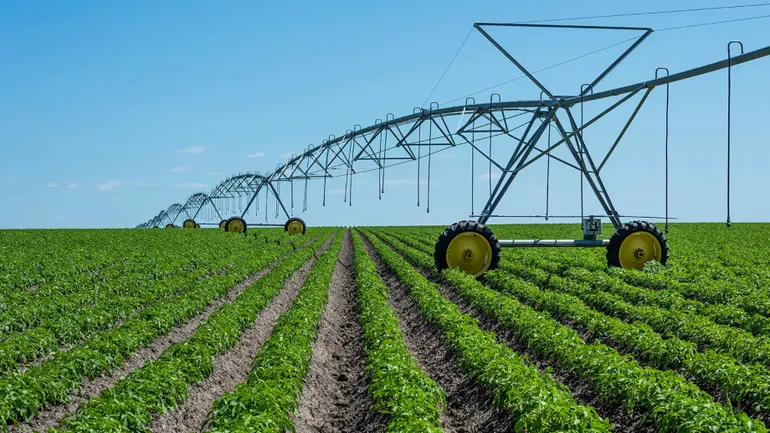Amid shifting regulatory pressures on climate reporting under the Trump administration, a sustainability platform utilized by major food companies in the U.S. remains optimistic about the continued interest in emission-tracking technology and other ESG tools.
HowGood’s platform leverages precise agricultural data to assist companies in gathering information necessary for sustainability disclosures and audits related to their Scope 3 emissions, which account for the majority of the industry’s climate impact. Clients such as Nestlé, Mars, Ingredion, and Danone rely on HowGood to analyze their extensive supplier networks.
Despite challenges posed by the current U.S. administration’s environmental policies and a potential decrease in green initiatives by some corporations, HowGood is enhancing its platform. This includes expanding its partnership with Watershed, a sustainability platform, to provide companies with not only carbon footprint tracking but also emission reduction solutions.
Ramya Ravishankar, General Counsel at HowGood, noted a shift in climate reporting responsibilities within companies. Previously overseen by executives specializing in sustainability roles, these tasks are increasingly being handled by CFOs or Chief Legal Officers, underscoring the growing importance of climate performance in decision-making processes.
As sustainability becomes intertwined with profitability, companies are prioritizing climate action despite regulatory shifts globally. While some governments have delayed climate disclosure requirements, mandates in California and New York continue to pose compliance challenges. Additionally, consumer demand for sustainability remains high, driving companies to prioritize ESG initiatives.
According to Ravishankar, the environmental impact of food and beverage products resonates more with consumers compared to other consumer goods categories. This heightened awareness puts pressure on companies to deliver on their climate commitments and drive innovation in sustainability practices.
She also highlighted the use of artificial intelligence in supply chains, noting both its benefits and environmental impact. Balancing the advantages of AI with its potential climate implications is crucial for environmental advocates and companies alike.

